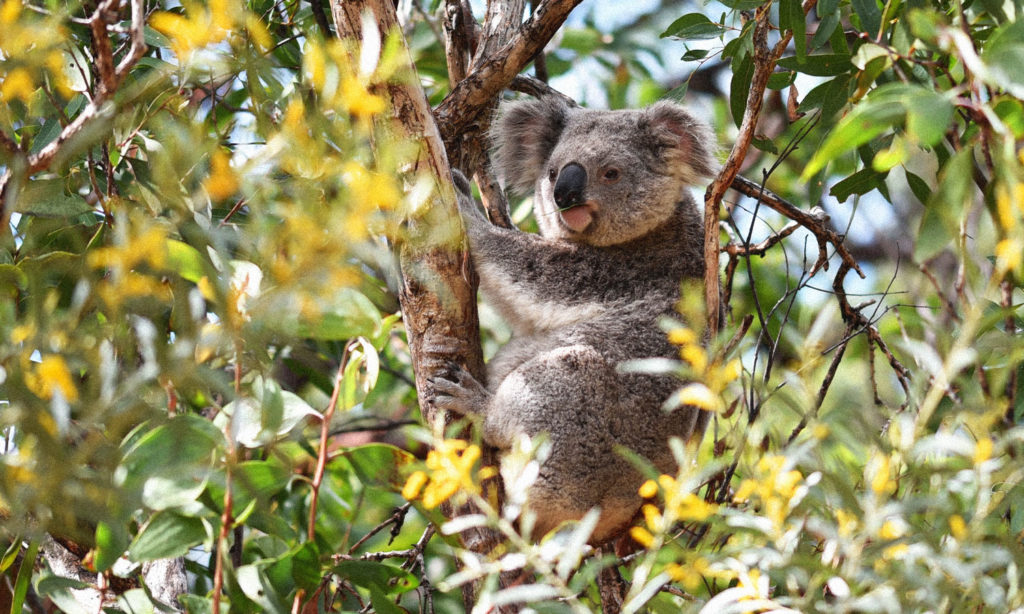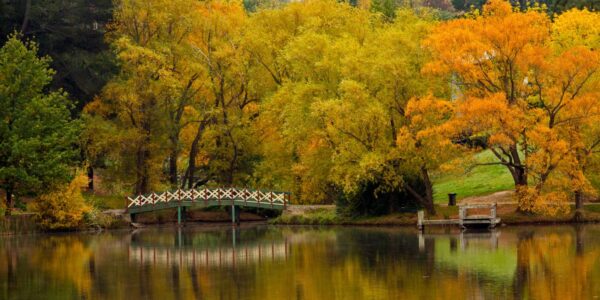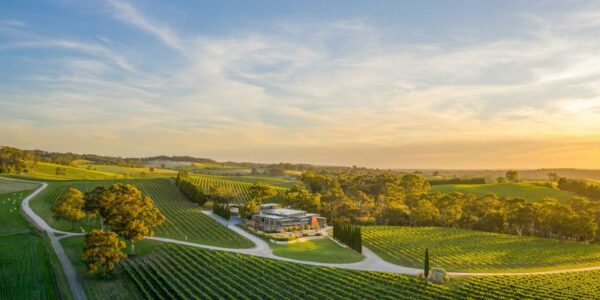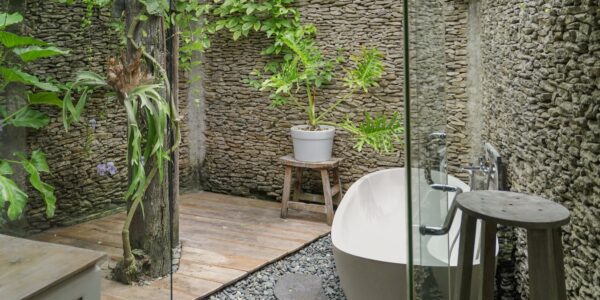Rich people can typically get away with a lot more stuff than the rest of us. Normally that means paying no tax and, for some, buying up social media platforms to stop people making fun of them.
However, not all of the ultra-rich are maniacal, wannabe super-villains. Andrew and Jane Clifford, Sydney-based wealthy people with consciences, have decided to cut out the middle man when it comes to conservation and just flat out buy up a huge chunk of land so that koalas can live without fear of their homes being cut down.
They’ve purchased almost 4,000 hectares of land in the Hunter region of New South Wales thought to contain more than 100 species of vertebrates, including 12 threatened or endangered animals like the koala.
The land will be managed by the Australian Wildlife Conservancy who have said the purchase is an “extraordinary opportunity”.
This is not the first time that the Cliffords have engaged in such philanthropy. In 2018, the pair matched donations made to the Australian Wildlife Conservancy of $1.5 million to help contain the problem of feral cats killing native species.
All the Help They Can Get
The koala, one of Australia’s most iconic species, was classified as endangered earlier this year after successive governments have failed to stop their population from declining.
A 2020 NSW Parliamentary Inquiry found that koalas are on track to go extinct by 2050 unless serious changes are put in place to protect them.
The biggest drivers of population decline are habitat loss due to deforestation and logging, as well as bushfires. Climate change has affected the quality of their diet, while rampant chlamydia amongst koalas is also playing a role.
At the time of the report’s release, Greens MP and committee chairperson, Cate Faehrmann said that “The strategies and policies currently in place to protect the koala aren’t working.”
“At every turn we were handed evidence that showed our current laws are inadequate and facilitating the clearing of core koala habitat,” she said.
The previous NSW government administration, led by Gladys Berejiklian, came under serious flak for continuing to open koala habitats in the state to logging and it appears little has changed.
The so-called “koala wars” are once again set for another round of battles as the successive NSW Perrottet government has proposed legislation that would remove the rights of local councils to regulate logging on private land. Basically, the bill would stop councils being able to prevent land clearing for environmental reasons.
At the same time, there has been outrage online over a little-known NSW government scheme that appears to allow developers to pay just $600 to bump off a koala during construction.
The “Biodiversity Offset Scheme” is a credit system for developers to mitigate their environmental impact. Although it’s not actually a license to kill native animals, it’s not a great look either.
The Federal Government wants to replicate the system, or at least, something like it, as part of its “zero native species extinctions” commitment. The scheme will establish a ‘nature-repair market’ that will allow businesses and philanthropists to invest in products that offset their impacts and defend nature.
They have also said that the scheme will not be a substitute for government funding or “strong” protection laws.
Can We Spend Our Way Out of This Problem?
Because the laws of capitalism dictate that everything tangible can and will be financially quantified, all of nature has a price tag.
Since this is the only logic that the markets and governments understand, how viable is it to fight fire with fire and simply buy up all the stuff that might one day be on the chopping block?
This is actually not a new strategy — it’s one that conservation groups have been employing for decades. One such organisation in the US, Nature Lands, has been buying areas of natural beauty since the 1950s and currently has legal protection over more than 23,000 acres across two American states.
The trick here is that they don’t actually own the land, they simply certify something called a ‘conservation easement’. This is a binding legal agreement that permanently limits the use of land, restricting its development potential.
Known as ‘purchase-protect-resale’, or PPR, the strategy has protected some 684,000 hectares globally, according to a 2020 RMIT University study. The study found that some 21 PPR organisations currently exist worldwide, with six of them operating in Australia.
“Increasing the amount of private land permanently protected for biodiversity is likely to remain an important focus for global conservation efforts,” the authors conclude.
Bush Heritage Australia is one of these organisations working down under who, to date, own 43 reserves covering 1.2 million hectares of land. They also work in partnership with Aboriginal groups to deliver conservation work over 10.1 million hectares.
Even David Attenborough is a fan. As patron of the World Land Trust, he supports the purchase and maintenance of wilderness areas to protect them from development.
“I believe that the model developed over the past 20 years by the World Land Trust is not only sustainable, it is also an important and extremely positive way forward,” Attenborough has written.
However, the idea is not without its issues. Land purchased in this way has to be properly managed, or else it could become a major fire risk. It also has to be monitored for ecological health, not something that just any part-time eco-warrior can do.
So, while the strategy is certainly a viable one, it’s potentially not the panacea it might seem. Still, any land kept out of the hands of logging companies and in the hands of koalas is going to be a win.
Related: In Non-Depressing Climate News, Brazil’s New Leader Could Save the Amazon Rainforest
Related: When You Buy This Shampoo and Conditioner Pack, $2 Is Donated to the Australian Koala Foundation
Read more stories from The Latch and subscribe to our email newsletter.







